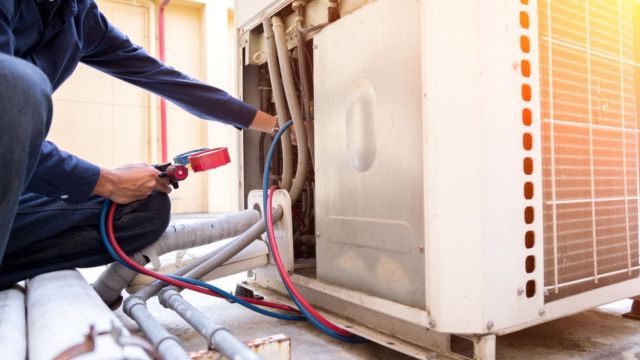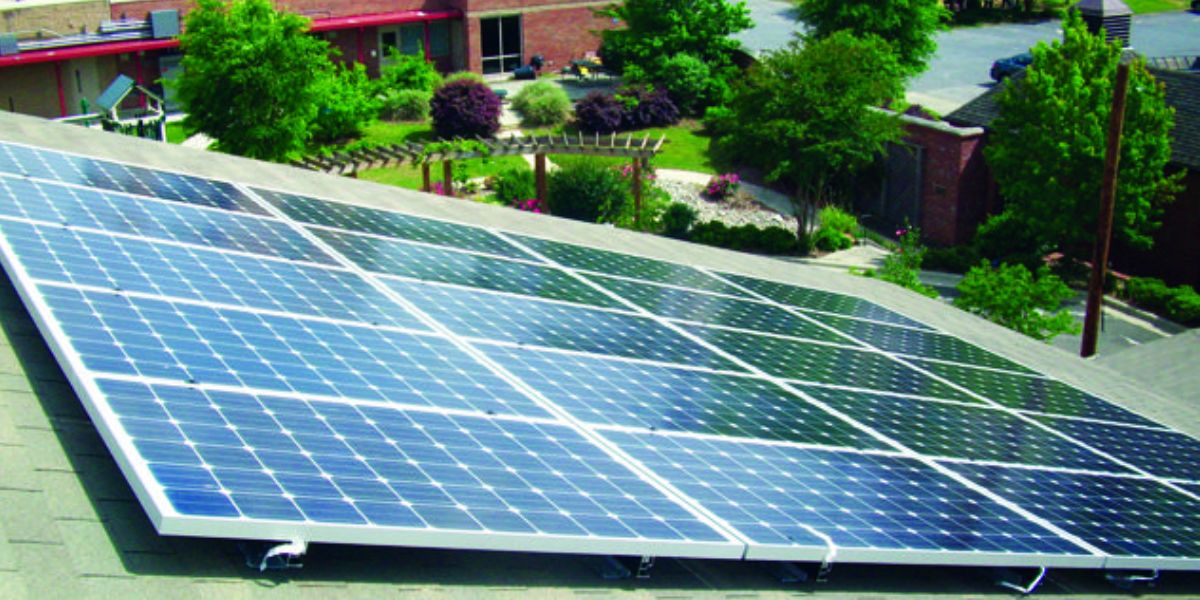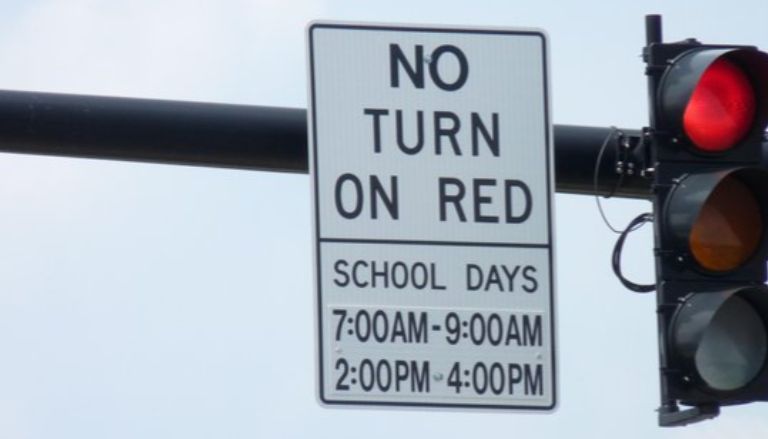North Carolina is providing low- and moderate-income households with $208 million in federal funds to increase their houses’ energy efficiency.
The initiative is being introduced by the Department of Environmental Quality via Energy Saver North Carolina. Eligibility is determined by persons earning less than 150% of the Area Median Income, and applicants may include homeowners, owners of multifamily buildings, and tenants with their landlords’ consent.
Those earning less than 80% of the area median income are eligible for the largest rebates.
The rebates, which range from a few hundred dollars to $8,000, allow qualified applicants to upgrade their home’s wiring, install insulation, or replace a water heater or furnace with an energy-efficient heat pump system.
Energy efficiency tax credits may be available to those who are not eligible for the rebates, which could assist defray the cost of comparable home improvements.
Those who would not normally have a high enough tax burden to benefit from credits are the target audience for the rebates.
The program’s objective is to minimize energy costs while reducing emissions in the state. The initiative is aimed toward homeowners that were severely impacted by Helene as well as those who are most financially challenged throughout the state, according to Julie Woosley, director of the State Energy Office.
According to her, “This funding can be used as people are rebuilding to make sure that they’re rebuilding to an efficient standard.”
North Carolina Governor Josh Stein praised the program’s potential for cost savings and job prospects in the HVAC industry during a launch event.

“We are going to put money back into the pockets of working people in this state, by reducing their energy costs at the same time we’re creating jobs all across North Carolina,” he stated.
The U.S. Department of Energy provides funding for the program through the Inflation Reduction Act, which was passed by the Biden Administration in 2022 without receiving a single Republican vote.
According to DEQ Secretary Reid Wilson, the program’s implementation in North Carolina shouldn’t be impacted in any way even if some provisions of the statute are repealed.
“The agreement with DOE is finalized it is done so we feel good about that,” he stated.
Pancake and Waffle Mix Recall Hits 11 States, Public Urged to Check Purchases
The position is less clear in other states. The DOE conditionally approved South Carolina’s $137 million applications on January 15, according to the state’s Energy Office. For South Carolina to start the program, final permission is required.
The program is expected to commence in late 2025, according to the office.
According to the Southern Alliance for Clean Energy, which has been monitoring the program’s uptake throughout the Southeast, only Georgia and North Carolina have launched the initiative thus far. DOE has also given its clearance to Florida.
South Carolina Bill Mandates Cameras in Public School Classrooms for Safety and Accountability
According to SACE’s director of energy and equity, Stacey Washington, the agency believes that states are more likely to get their federal cash allotment the further along they are in the application process.
“We’re just crossing our fingers and hoping that the Department of Energy will move quickly and get these programs,” she stated.
Only the legislature has the authority to remove the funding because it was obtained through a federal legislation. Meanwhile, incoming and ongoing state applications could still be approved by the office of the next Energy secretary.
As long as the funds are available, SACE encourages governments to keep applying and waiting.




